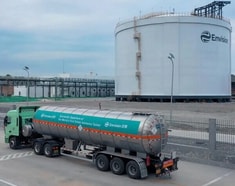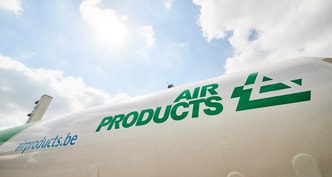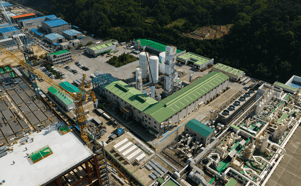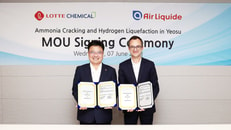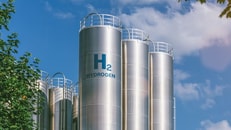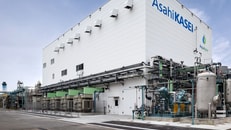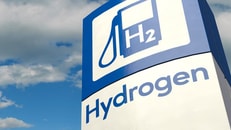ABS inks deal with Korea for hydrogen-powered passenger vessel
Classification society ABS has signed a Memorandum of Understanding (MoU) with the Korea Hydrogen Industry Association (KHIA) and the University of Ulsan, Foundation for Industry Cooperation (UOUFIC) to develop a zero-emission hydrogen-powered passenger vessel.
Equipped with an electric propulsion using a 350kW (kilowatt) hydrogen fuel cell, the compact 40-seat vessel will be used to support the tourism industry.
The vessel also qualifies as one of the research, development and demonstration (RD&D) projects associated with Korea’s national hydrogen strategy.
Commenting on the project, Vassilios Kroustallis, Senior Vice President, Global Business Development at ABS, said, “We look forward to supporting this hydrogen vessel project with our deep technical knowledge and regulatory expertise to enhance the safety of the maritime industry and bring about a smooth transition to clean energy.”
... to continue reading you must be subscribed






